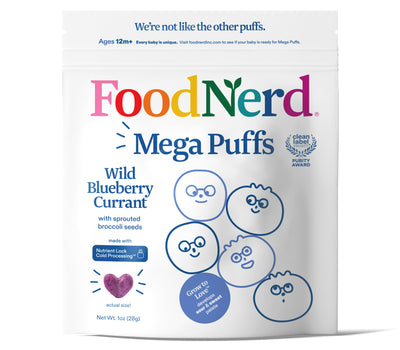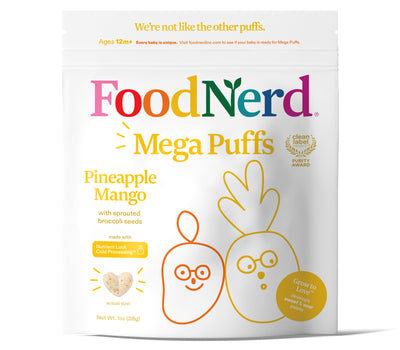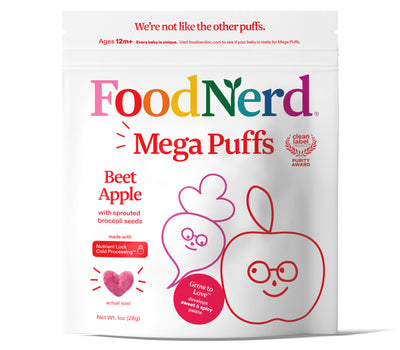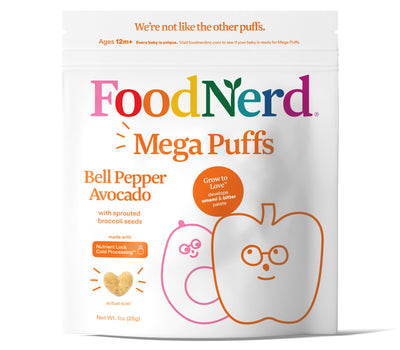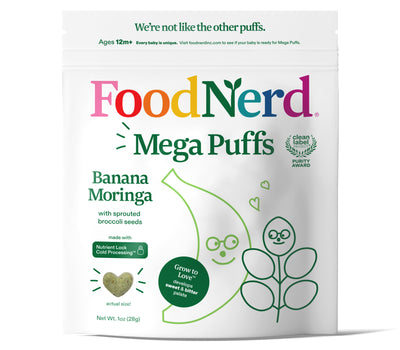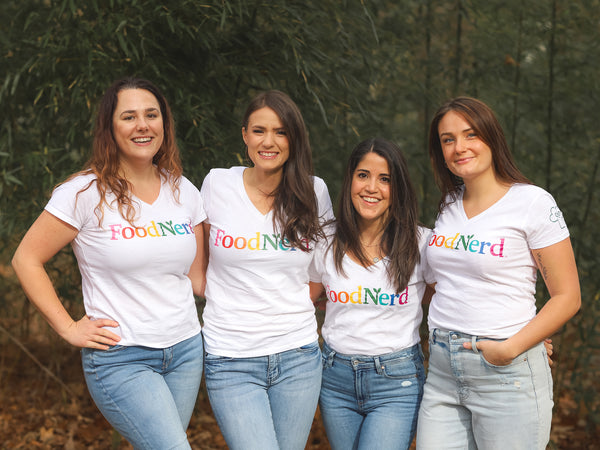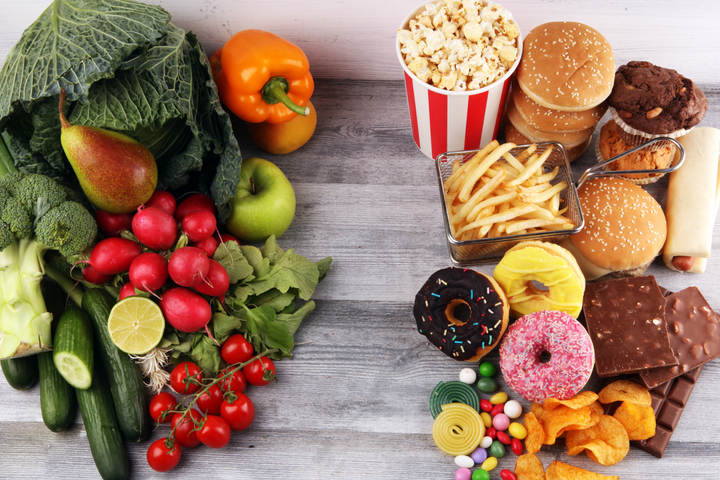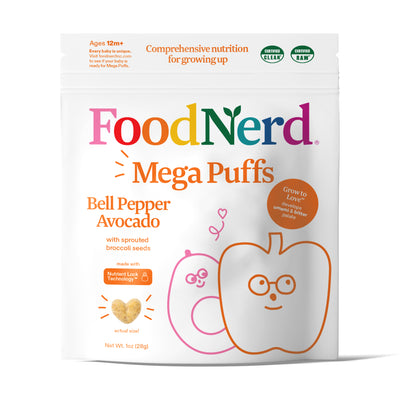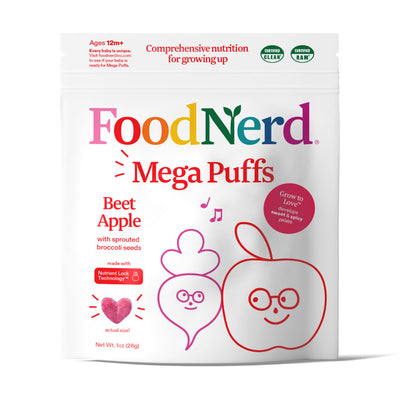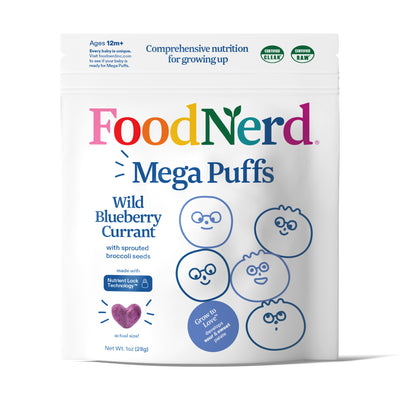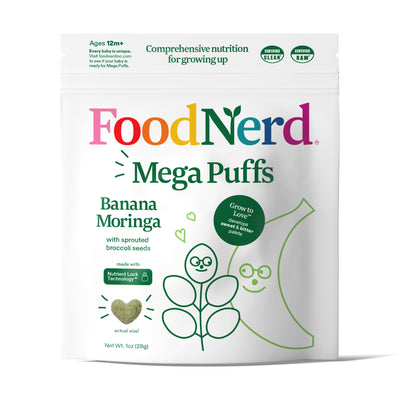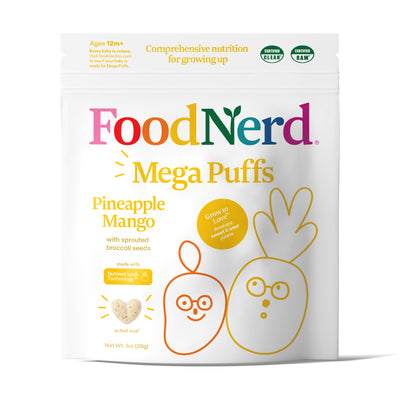Our world's rapid pace has led us to constantly seek out ways to optimize our time, often sacrificing our well-being in the process. The food industry recognized this need and provided a seemingly simple solution: UPFs. These foods tap into our ancestral desire for high-calorie sustenance. But the landscape has changed; no longer are we hunting and gathering for survival. We are going to the grocery store with endless options at our fingertips. Our daily lives are drastically different, but our body’s survival instincts refuse to let up. No wonder we are so addicted.
Early on, I recognized the influence the food industry had on our daily diet; how easily they snuck UPFs into every meal and snack. These foods have chokeholds on our children and us. They’ve hijacked our tastebuds to only desire the processed versions of healthful foods. Potatoes aren't as good as potato chips. Fruit isn't as good as fruit by the foot. They’ve given us the illusion of choice while creating a world in which there's only one option: UPFs. I didn’t want to give those foods power over my choices. I want better for myself and my family. And I know you do too.
- Sharon Cryan, founder and CEO of FoodNerd.

In the midst of the bustling American food scene, a quiet revolution is underway—one that seeks to transform the way we eat for the better. You've probably heard the buzz about ultra-processed foods (UPFs) and their growing influence on our daily diets. It's time to delve into this nutritional shift and understand why it's high time for change.
Imagine a world where convenience doesn't compromise nutrition, and health isn't a distant dream. Unfortunately, the current reality paints a different picture. Ultra-processed foods have taken center stage, making up a significant chunk of what we consume. These ultra-convenient edibles, while seemingly harmless, are ushering in a wave of concerns that ripple far and wide.
It's like a puzzle where the pieces just don't fit. These highly processed foods, loaded with empty calories and lacking in essential nutrients, are leaving us grappling with chronic diseases. We're talking about conditions linked to poor nutrition and excessive calories. The urgency for action is undeniable, as we stand at the crossroads of our health.
America's Dietary Health: The Statistics
Here's a surprising fact: a whopping 88% of Americans aren't getting their recommended daily dose of fruits and vegetables. That's right, our plates are missing the vibrant colors and rich nutrients that these natural wonders provide. And the repercussions? A staggering 90-95% of us aren't meeting our daily fiber needs. It's a dietary gap that's wreaking havoc on our bodies, pushing more than half of the population into the realm of nutrition-related chronic diseases.

The statistics are eye-opening and the stories are heart-wrenching. Obesity is on the rise, affecting 70% of those around us. Prediabetes or diabetes is knocking on the doors of 50% of the population, while cardiovascular diseases are making their presence felt in another 50%. The shocker? Even our little ones aren't spared. Nearly a quarter of preschool-aged children are now classified as overweight or obese, setting them on a risky path towards early health complications.
Pause for a moment and consider the financial toll of this health crisis. An astonishing 90% of the colossal $4.1 trillion spent on healthcare in the US is channeled towards managing these chronic diseases. It's a wake-up call to the profound impact of our food choices.
Ultra Processed Foods: Why Are They So Bad?
UPFs present a formidable challenge to our nutritional needs. These seemingly convenient options are, unfortunately, offering us less bang for our buck in terms of nutrition. They come up short on vital vitamins and minerals, while ramping up the levels of carbs, sugars, and unhealthy fats. Think of it as a trade-off we didn't sign up for. The processes these foods undergo might strip them of crucial compounds like phytochemicals and dietary fiber, leaving us wanting for more nourishment. Not to mention, modern processing can result in the formation of advanced glycation end products (AGEs), which are linked to diabetes and heart issues. The more UPFs we consume, the higher the likelihood of metabolic stress, obesity, chronic diseases, and even depression.

the above graphic displays an example of standard industry practice
The FDA's Role in Ultra Processed Foods
The solution, you might think, is straightforward—just eat more fruits and vegetables. But here's where things get complex. Our food landscape is a labyrinth, shaped by a food industry that thrives on the demand for ultra-processed goodies. The dance between the Food and Drug Administration (FDA) and the industry itself adds another layer to the puzzle. The FDA's approach often involves addressing safety concerns after they've arisen, inadvertently paving the way for UPFs. This symbiotic dance between economic incentives and public health raises important questions.
It's Time to Embrace Minimally Processed Foods
Yet, in the midst of this maze, hope glimmers on the horizon. The power of positive change lies in our hands, and it starts with choosing health. Embracing minimally processed and whole foods can set us on the path to improved nutrition and overall well-being. Picture a plate brimming with nutrient-rich options: colorful fruits, crisp vegetables, hearty whole grains, lean proteins, and those wholesome fats that your body loves. These foods deliver the nutrients, fiber, and antioxidants that your body craves.

The Food Industry's Role
But we don't have to be alone in this journey. The food industry has a role to play in the transformation too. By reformulating products to minimize additives, sugars, and unhealthy fats, as well as adopting transparent labeling and innovative processing methods, they can be part of the solution.
So Where does FoodNerd Fit In?
FoodNerd is at the forefront of the food industry transformation. Our mission for change starts at home. We believe real food deserves to be handled with care. Our children's puffs are packed with the best ingredients for your child’s growth, including sprouted flax seeds, sprouted chia seeds, sprouted pumpkin seeds, broccoli sprouts, currants, wild blueberries, grapes and dates*. These nourishing puffs retain an astounding 98% their natural nutrients without ever using heat, fillers, additives, and preservatives. Our ability to create nutrient dense food products with minimal processing is a call for change in the food industry. If we can do it, so can the big guys.

*displays Industry Standard vs updated FoodNerd Puff formula (coming Fall 2023)
So, let's embrace the intricate dance between our choices, industry practices, and public health. Let's tackle the UPF challenge head-on and sculpt a future where well-being flourishes. It's a collective effort—one that promises a brighter, healthier tomorrow.
